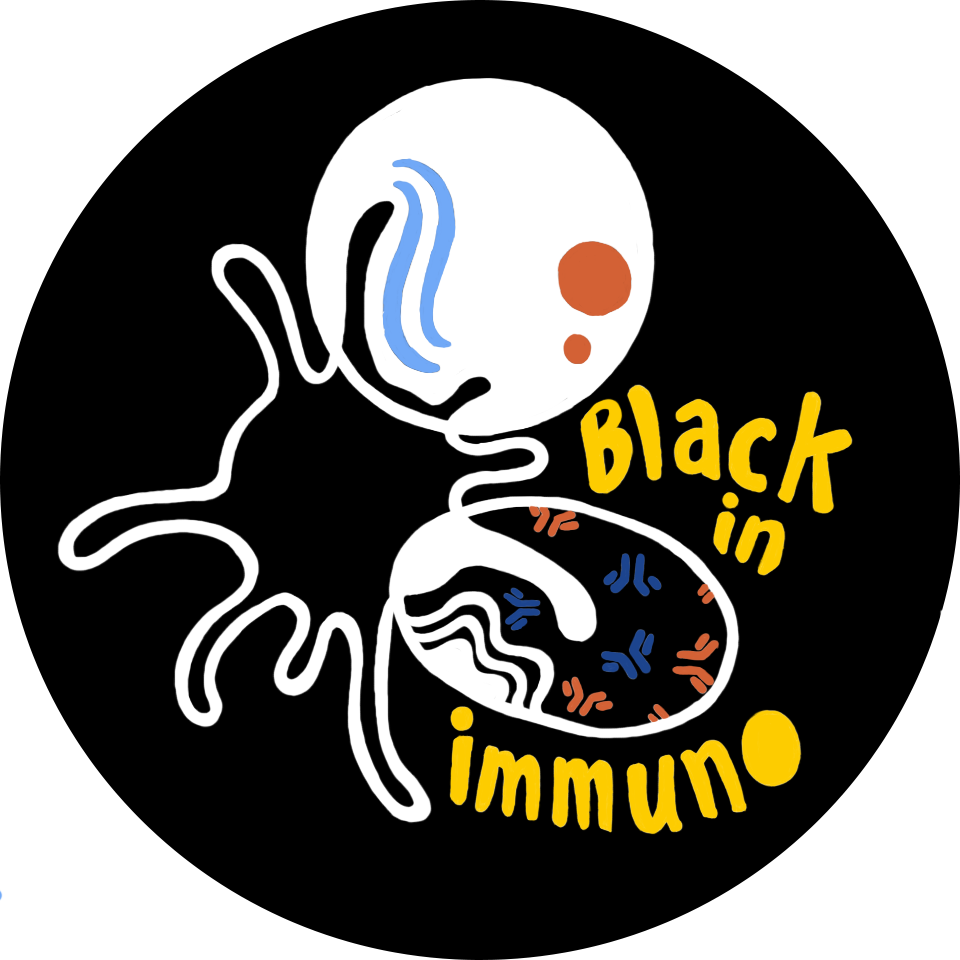Keywords:
Immune system, Microbiome, Systems Immunology, CyTOF, Healthy population, Human research, Autoimmunity, High dimensional data, Precision Medicine, Personalized Medicine, translational research, Immunotherapy, Immunosuppression, Organ transplant, Cancer, Mass Cytometry, Data Science, Computer Science, Machine Learning, AI, Single Cell, MIBI, Community based research
Joel Babdor , Ph.D. (he/him/his)
Senior postdoctoral researcher at UCSF
Joel Babdor, PhD, is a postdoctoral researcher in the Spitzer lab at UCSF. He uses high-throughput, high-dimensional technologies and computational methods to study the interactions between the human immune system and the microbiome at the systems level. He focuses on human research in healthy populations and in pathological settings where the immune system plays an important role (cancer, autoimmunity and organ transplantation).
Joel received his M.S. at Pierre and Marie Curie University in Paris and his Ph.D. in immunology at Paris Descartes University. There, he trained under the direction of Loredana Saveanu in the basic biology of Dendritic cells and Toll like receptors, using mouse models and confocal microscopy to identify how endosomal compartmentalization of TLR9 is responsible for the regulation of the immune response. After completing his Ph.D., he moved his interest toward cancer research in Olivier Hermine lab at IMAGINE institute where he worked as a postdoc on the effects of an experimental cancer immunotherapy strategy that reprogram tumor infiltrating mononuclear phagocytes.
One of the main projects Joel has developed in the Spitzer lab is the ImmunoMicrobiome Study, an IRB-approved human research protocol, which successfully enrolled 111 healthy individuals, to perform a comprehensive analysis of the peripheral immune system, the gut/oral/skin microbiome, and the metabolome. His study is designed to assess variations of the immune system and the microbiome across time and explore the interactions between these biological compartments. As "it takes a village", Joel is collaboratively developing novel, integrative computational strategies to analyze the ImmunoMicrobiome multi-OMIC dataset.
Other projects explore clinical settings where the immune system is harnessed to treat the patient. That includes specimens of retrospective cohorts and ongoing clinical trials in autoimmunity, cancer and organ transplantation. Joel’s goal is to understand what are the factors that are responsible for Immunotherapy responsiveness. Thus, each of this translational projects include an investigation of the human microbiome, diet and other lifestyle factors.

